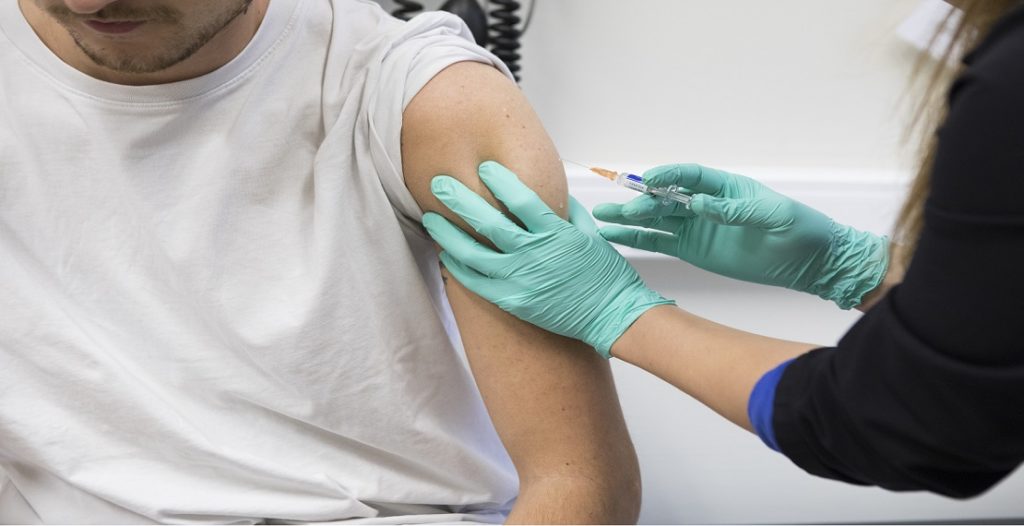The Institute of Tropical Medicine in Antwerp has launched a new survey to look at the reasons why people may refuse to be vaccinated against the coronavirus.
There are several new vaccines on the verge of being approved to combat SARS-CoV-2, the virus that causes the Covid-19 pandemic. The Institute has long experience in vaccination programmes worldwide aimed at combating infectious diseases, among them malaria and Ebola virus.
The new survey will be carried out in close collaboration with the university of Leuven, the London School of Hygiene and Tropical Medicine and the Pasteur Institute in Paris, and is funded by Scientific Research Foundation (FWO) of the Flemish government.
Earlier this week, on the announcement that two vaccines are on the verge of being approved for widespread use, the Belgian government said the vaccines would be available free, though a programme showing who would be eligible for early vaccination has still to be made public.
There is a consensus that front-line health-care workers should be first in line, but there remains some question as to whether older people – more vulnerable to an infection – or younger people – more likely to be in circumstances where they are likely to spread the virus – should have priority.
According to experts, it would take for 70% of the population to be vaccinated and therefore carrying antibodies to the virus to achieve the much-vaunted ‘herd immunity’.
However as reported last week, one in six people questioned said they would be unwilling to allow themselves to be vaccinated, and for the time being in Belgium, only the vaccines given to small babies and children are legally mandatory.
Those people are described as ‘vaccine hesitant’.
"A distrust of science and authorities are among the reasons why people are hesitant about getting vaccinated,” explained Professor Koen Peeters of the Institute.
“The pandemic has contributed to an increased sense of uncertainty and fear which in turn reinforces vaccine hesitancy and raises more questions about the safety and effectiveness of rapidly developed vaccines. It is essential that we know the population’s attitude towards these vaccines before making it available and launching a vaccination campaign.”
The survey will involve dialogue with population groups, as well as watching social media to determine trends of thought regarding vaccination.
"There is little point in procuring large quantities of coronavirus vaccines if a substantial number of people are unwilling to get vaccinated,” said Dr. Charlotte Gryseels of the Institute.
“The Belgian public health authorities need a vaccination strategy that leaves room for dialogue with the population about the reasons why they doubt the safety or effectiveness of COVID-19 vaccines. The results of this research can steer the roll-out of targeted vaccination campaigns.”
Alan Hope
The Brussels Times

